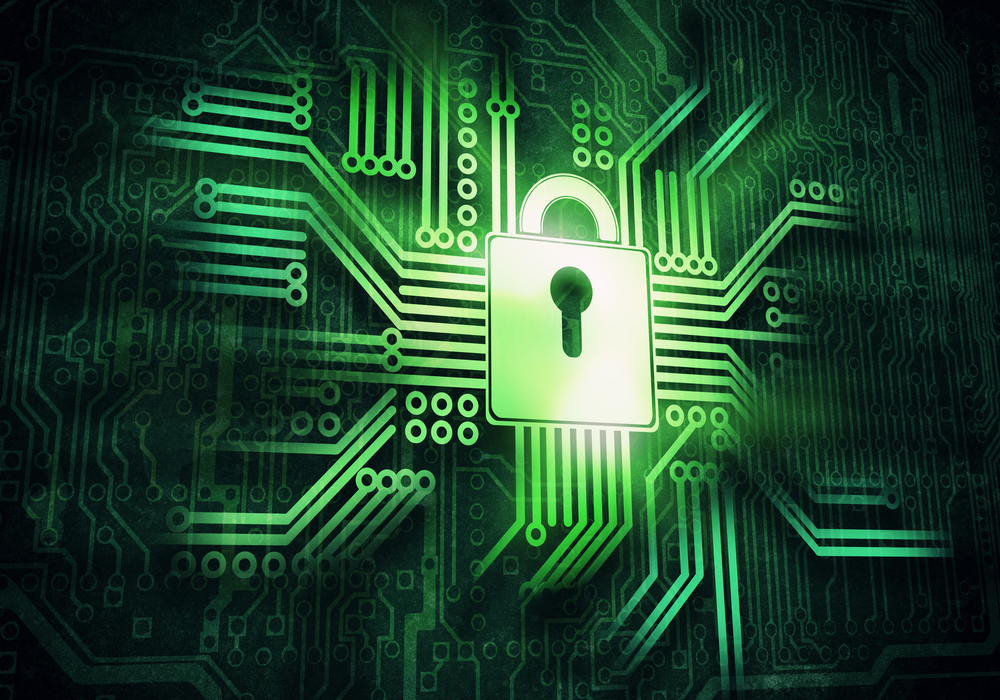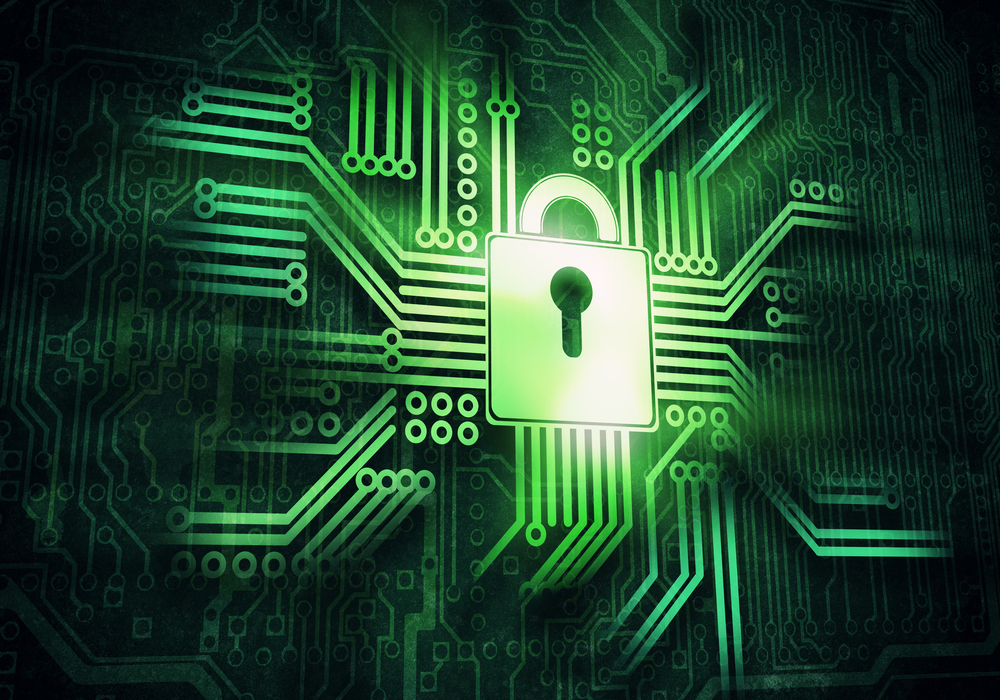Navigating the Future: Top ERP Challenges for Manufacturers
Enterprise Resource Planning (ERP) systems play a crucial role in the manufacturing industry by helping organizations streamline their operations,...
4 min read
KPC_Admin : Updated on December 13, 2023

In today’s digital-first world, enterprise resource planning (ERP) systems have not only become the backbone of countless businesses, but these comprehensive software solutions have also drawn the unwanted attention of cyber criminals.
While ERP systems ensure seamless operations by integrating and automating critical functions, such as finance, inventory management, human resources, and customer relationships, they also store vast amounts of sensitive data, making them attractive targets for cyberattacks.
“The challenge of how to identify vulnerabilities, prioritize patches, and prevent cyberattacks targeting business-critical Enterprise Resource Planning (ERP) data and systems is keeping cybersecurity professionals up at night,” reported the Cloud Security Alliance (CSA). “It is of utmost importance for organizations to strengthen their ERP security processes to make it significantly harder for threat actors to perform that initial compromise.”
Security has always been an important topic for ERP systems, but the subject has taken on a greater urgency in the past year as bad actors have taken advantage of advances in artificial intelligence (AI).
“The urgency to fortify defenses against the weaponization of Artificial Intelligence (AI) in cyberattacks has never been greater. Adversaries can now harness AI to launch targeted cyberattacks with unprecedented precision and exploit vulnerabilities at speeds and scales unattainable by human hackers,” writes Gabriele Finta, head of cybersecurity market strategy, SAP, in Forbes in October 2023. “Adversaries can now harness AI to launch targeted cyberattacks with unprecedented precision and exploit vulnerabilities at speeds and scales unattainable by human hackers.”
ERP systems, the nerve centers of organizational data, are susceptible to a spectrum of cyber threats. Understanding these risks is crucial for building a resilient defense.
Cybercriminals employ various tactics to exploit vulnerabilities in ERP systems:
The consequences of a cyberattack on an ERP system can be devastating.
Financial losses can occur due to stolen funds, data recovery costs, and lost business opportunities.
Data breaches can expose sensitive information, leading to legal repercussions and damage to customer trust. Additionally, reputational damage can be hard to overcome, impacting customer loyalty and brand image.
Several recent incidents highlight the critical need for robust cybersecurity in ERP systems. In 2023, a major food manufacturer suffered a ransomware attack that crippled its production and distribution network, resulting in millions of dollars in losses.
Similarly, a healthcare provider experienced a data breach that exposed the personal information of millions of patients. These examples demonstrate the real-world impact of cyberattacks and underscore the importance of proactive security measures.
Fortifying ERP systems against cyber threats demands a strategic and multifaceted approach.
Here are essential measures to safeguard these critical systems:
Selecting a secure ERP system is a pivotal decision that directly impacts the organization's cybersecurity posture.
When selecting an ERP system, prioritize security features to safeguard your data and consider the following when evaluating ERP vendors:
By carefully evaluating these criteria, organizations can make informed decisions that align with their security requirements.
It’s not enough for organizations to prioritize security when choosing an ERP system and vendor, they need to maintain an ongoing commitment to security.
Continuous improvement when it comes to ERP security requires vigilance and a culture that focuses on these best practices:
Incorporating these practices ensures that the organization remains adaptive and resilient in the face of emerging cyber threats.
Fostering a culture of security within your organization is crucial for long-term success.
A proactive approach to cybersecurity is vital for maintaining a competitive edge and safeguarding your business's reputation and success in the digital age. If you are not sure where to start, contact KnowledgePath today. Our dedicated team is here to help.

Enterprise Resource Planning (ERP) systems play a crucial role in the manufacturing industry by helping organizations streamline their operations,...

In today's digital age, businesses heavily rely on Enterprise Resource Planning (ERP) systems to streamline operations, manage resources, and enhance...

Selecting and implementing an enterprise resource planning (ERP) system can be a complex and high-stakes endeavor, but embracing the right strategies...